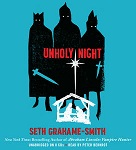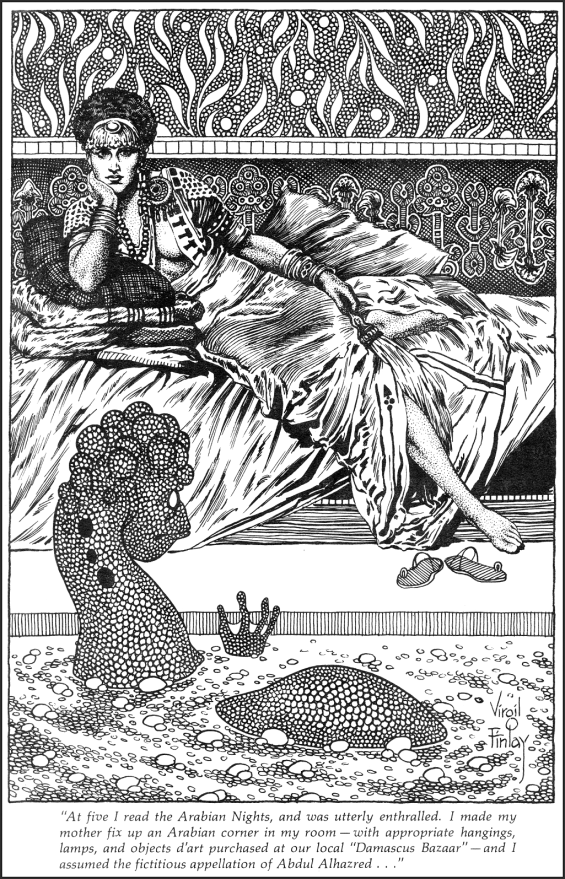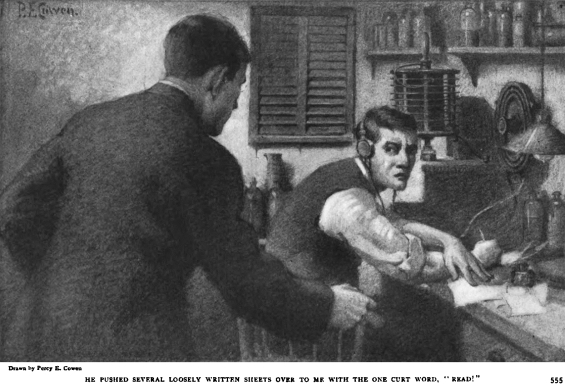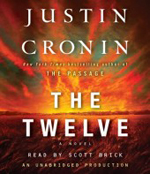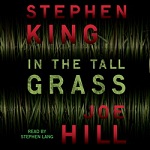
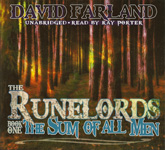 The Sum of All Men: Runelords, Book 1
The Sum of All Men: Runelords, Book 1
By David Farland; Read by Ray Porter
17 CDs – 20.4 hours – [UNABRIDGED]
Publisher: Blackstone Audio
Published: 2008
Themes: / Fantasy / Epic Fantasy / Attributes / Magic / War /
I’ve read other works by this author, written under a different name, and I knew coming into this one that he was an excellent writer and storyteller. Indeed, I’ve heard him speak at conventions and workshops and have nothing but praise for him as a person and a writer.
That being said, I wasn’t sure what to expect from this book. Reading the dust cover is not always enough to know if you’ll end up satisfied at the end of the book or if you want to throw it across the room. (Okay, I’ve only thrown ONE book across the room. It was a paperback. I was so displeased with the denouement that I threw it away. I didn’t want to inflict that book upon anyone else.)
So, with a little trepidation I began to listen to the book. Could it live up to my high expectations? Would I be satisfied with the resolution? Would I want to read the next book? The answer was a resounding yes!
The book centers on Prince Gaborn Val Orden, son of Mendellas Draken Orden, king of Mystarria. He travels to Herredon to ask King Jas Laren Sylvarresta of Herredon for the hand of his daughter, Iome Sylvarresta. While en route he learns that Raj Ahten, king of Indhopal, who is also referred to as “The Wolf Lord” plans an attack on Castle Sylvarresta. Raj Ahten has taken over a number of minor kingdoms and is intent of conquering all of Rofehaven, taking endowments from as many people as he can so that he may become “The Sum of All Men,” a man who is invincible and immortal. As such, he wants to live forever and rule the world.
It is up to Gaborn, with the help and support of Iome, the Earth Warden Binnesman, Gaborn’s bodyguard Borenson and as many soldiers as he can gather, to stop Raj Ahten from achieving his goal.
Is the book good? Definitely. The characters are well developed. They have depth and personality. They are flawed. The world is rich in legends, heroes and chronicles of past events.
From time to time there will be an insert of a story from this history. It is a teaching moment, so the reader understands who the person is and why they are mentioned, or why an event is important, but it does so in a way that adds to the richness of the story. It builds on it, making the world live and breathe as much as the characters do.
The magic system is also impressive. Those who have the ability and training for magic can use the power of the elements to create magic. Runes are used to give endowments. A king or lord can take endowments from his subjects. Strength, stamina, wit, brawn, metabolism. In so doing they themselves have greater abilities, but the subject that gives an endowment must be cared for the rest of their life, or the life of their king. Such rulers are called “Runelords.” But the cost of such power is great and the reader gets a very real idea of what it costs the people who give such endowments.
There are few books that take the time to create a world that feels as real as this one does. Farland is so good at it that it feels effortless. He doesn’t beat you over the head with his world. Instead, it simply IS. You learn only what is necessary for the story, but you are left with the belief that there is so much more to the world if you had the time to explore it. He also uses herbs and herb lore to great effect. This is a world of magic, but it is also a world unique to itself.
I highly recommend this book. It’s a rich experience that will leave you both contented and wanting more. Which is a very good way to end the book. The book is not quite perfect, but on a scale of one to ten, I definitely give it a near-ten. Although I honestly don’t know if it could be improved upon.
Get the audiobook, get the book, and experience the magic of David Farland for yourself.
Posted by Charlene Harmon

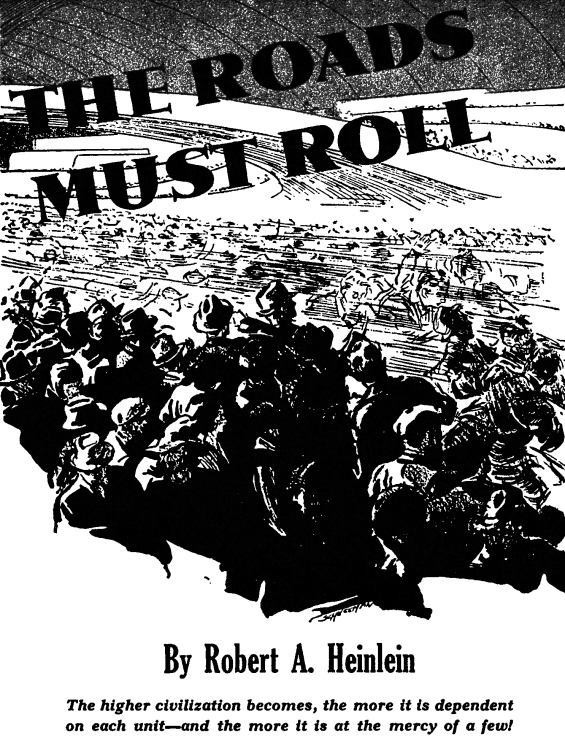
 Dimension X – The Roads Must Roll
Dimension X – The Roads Must Roll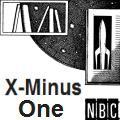 X-Minus One – The Roads Must Roll
X-Minus One – The Roads Must Roll

